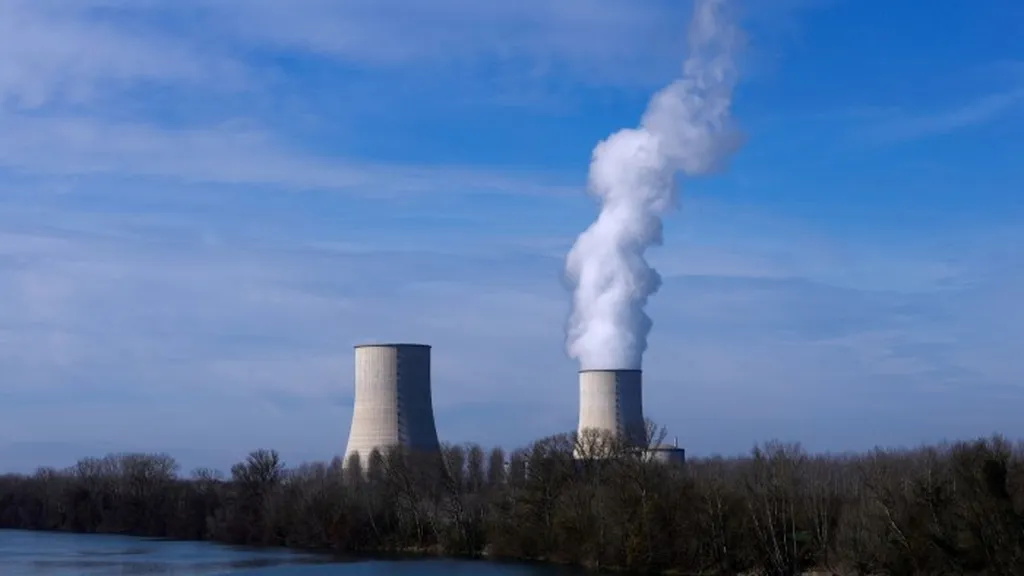The World Bank Group and the International Atomic Energy Agency (IAEA) have forged a landmark partnership to champion nuclear power as a clean energy solution for developing nations. This collaboration marks the World Bank’s first active engagement in nuclear energy in decades, reflecting a significant pivot in how international institutions address energy poverty and climate change.
As electricity demand in the developing world is projected to more than double by 2035, this agreement could herald a new era of reliable, low-carbon power for billions. For many developing countries, affordable and reliable electricity remains a critical challenge, hindering progress in healthcare, education, manufacturing, and digital infrastructure. Nuclear energy offers a compelling remedy, providing continuous baseload power essential for operating hospitals, factories, and transport systems. Unlike fossil fuels, nuclear energy generates near-zero carbon emissions, aligning with climate commitments while driving economic growth.
The World Bank’s approach to electrification now underscores accessibility, affordability, and environmental responsibility. Recognizing that each country’s path to net zero will vary, the Bank supports energy solutions tailored to national development goals and climate pledges. As variable renewable sources like wind and solar expand, nuclear power’s ability to stabilize grids becomes increasingly vital. Its capacity to complement renewables through frequency regulation and predictable output makes it an indispensable component of a modern, resilient energy mix.
Signed by World Bank Group President Ajay Banga and IAEA Director General Rafael Mariano Grossi, the memorandum of understanding formalizes a year of growing collaboration. It establishes a framework for long-term support for nuclear power in developing countries, ensuring its deployment is safe, secure, and sustainable. Banga emphasized, “Jobs need electricity. So do factories, hospitals, schools, and water systems. And as demand surges – with AI and development alike – we must help countries deliver reliable, affordable power. That’s why we’re embracing nuclear energy as part of the solution – and reembracing it as part of the mix the World Bank Group can offer developing countries to achieve their ambitions. Importantly, nuclear delivers baseload power, which is essential to building modern economies. Our partnership with the IAEA marks an important step, and I’m grateful to Rafael for his personal commitment and leadership in making this possible. Together, we’ll deepen our expertise, support countries that choose nuclear, and ensure that safety, security, and sustainability guide every step forward.”
The partnership will focus on three strategic areas: knowledge development, extending reactor lifespans, and advancing Small Modular Reactors (SMRs). The IAEA will support the World Bank in building institutional knowledge of nuclear energy, including safety, waste management, fuel cycles, new technologies, and energy planning. Extending the lifespans of existing reactors offers a cost-effective way for developing countries to maintain low-carbon power sources. SMRs, with their scalable, flexible, and lower-cost design, are ideal for remote regions or smaller grids often found in developing nations.
Currently, 31 countries operate nuclear power plants, generating nearly 25% of the world’s low-carbon electricity. Over 30 more, many in the developing world, are working with the IAEA to build the necessary infrastructure to introduce nuclear power. This partnership signals a major shift in global energy strategy, where nuclear power is embraced as a critical tool for developing countries seeking sustainable growth. By unlocking the potential of nuclear energy, the World Bank and the IAEA are paving the way for a cleaner, more equitable energy future.

